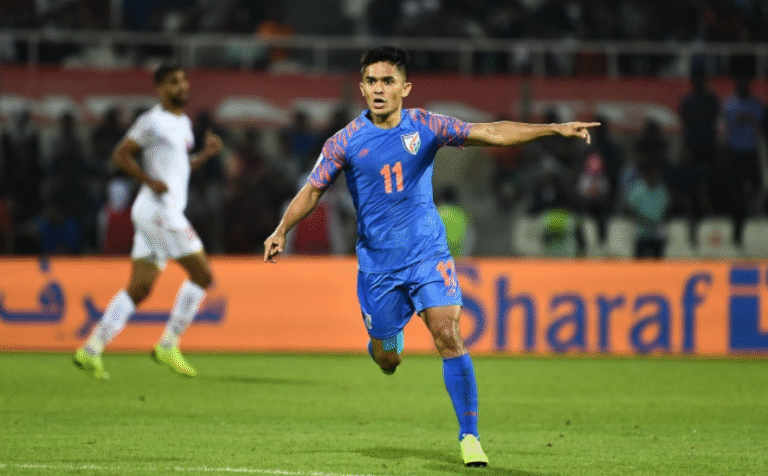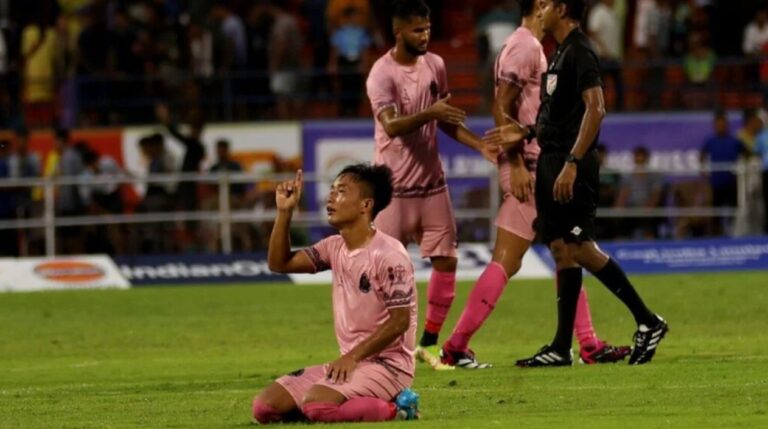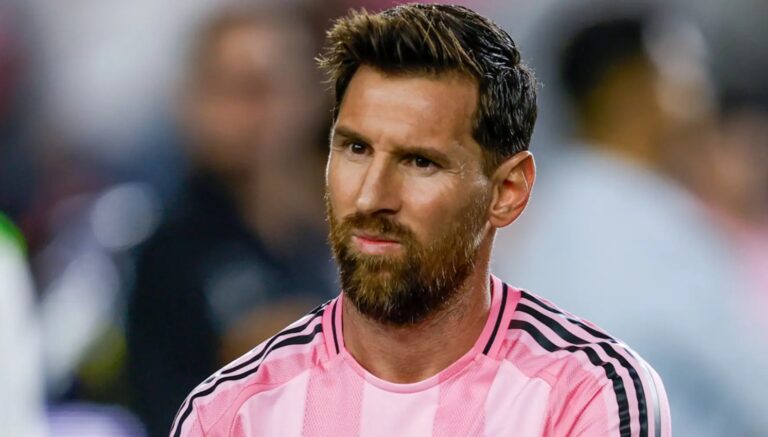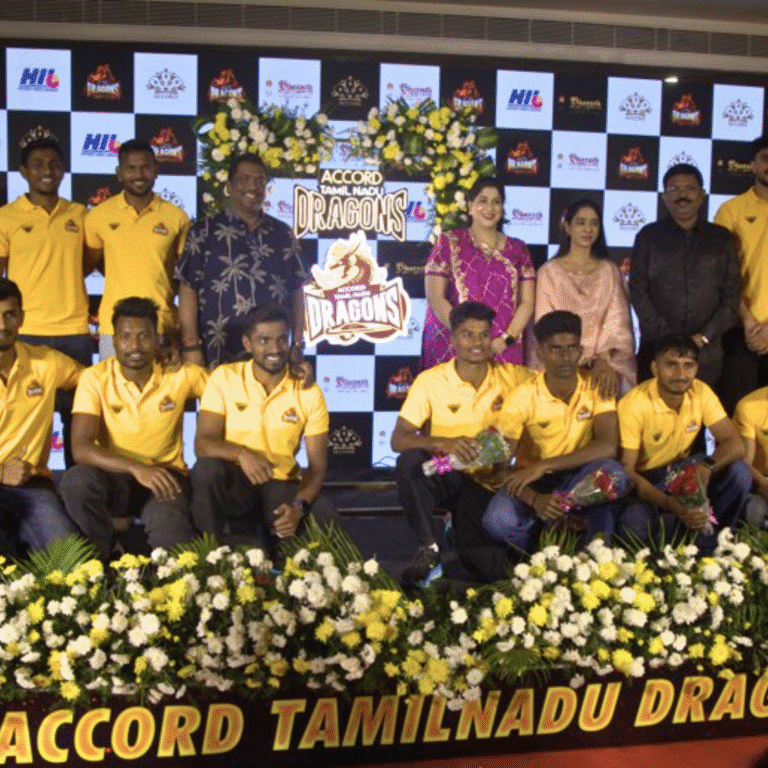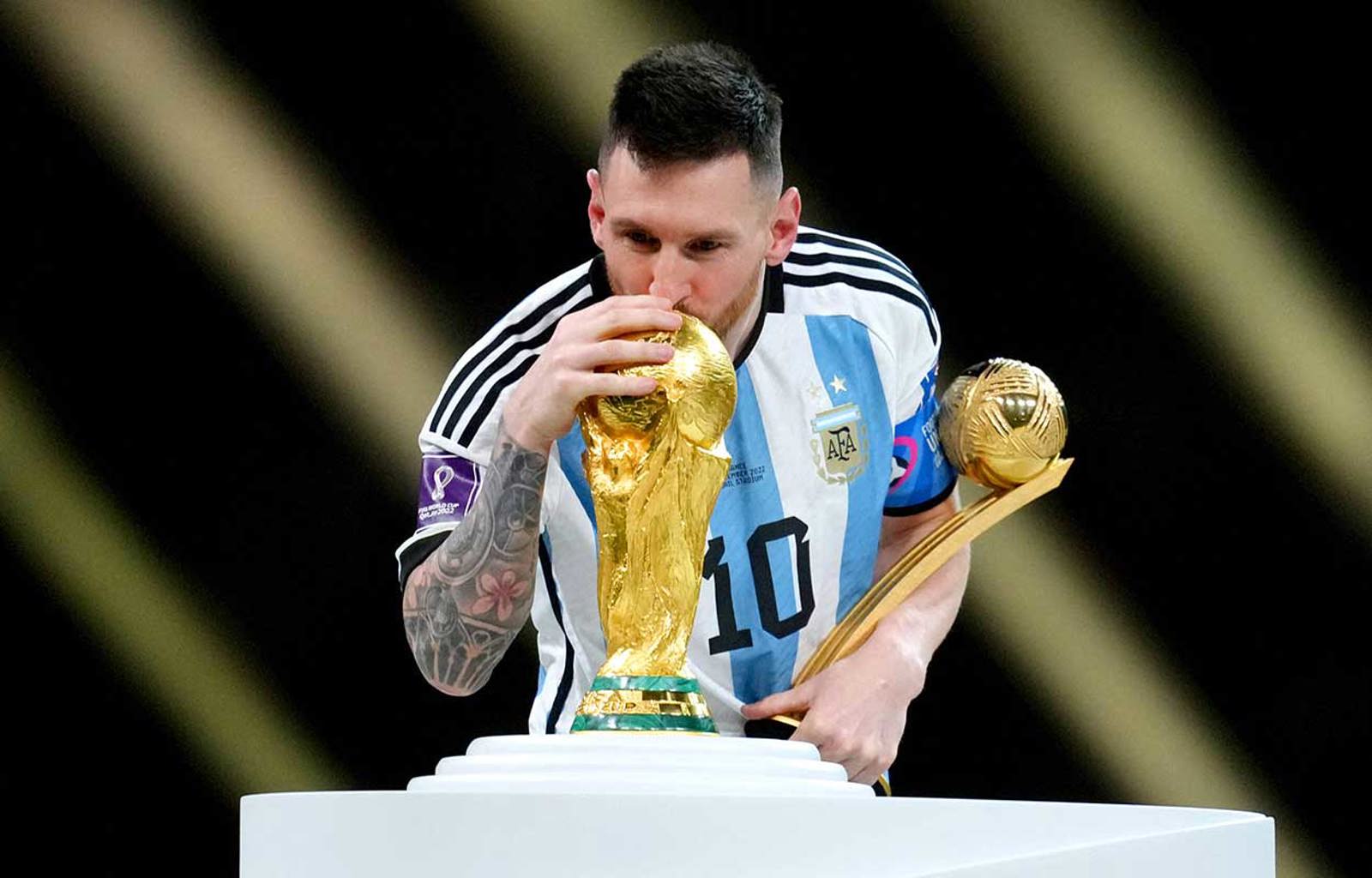
When Lionel Messi signed for Inter Miami, American soccer didn’t just get a superstar — it got a shockwave. The world’s greatest player moving to Major League Soccer wasn’t just a transfer; it was a rebranding of an entire league. A few months later, the ripple effect is undeniable: full stadiums, record-breaking viewership, surging jersey sales, and a cultural shift that has the U.S. standing shoulder to shoulder with Europe’s football elite.
🌴 Miami Becomes the New Football Capital
Messi’s arrival turned Miami into football’s epicenter. Overnight, DRV PNK Stadium transformed from a modest MLS ground to a pilgrimage site for fans and celebrities.
From LeBron James to Kim Kardashian, everyone wanted to be seen in Messi pink. The Inter Miami jersey became the fastest-selling kit in North America — Adidas literally ran out of stock for weeks.
It’s more than hype — it’s economics. According to reports, Inter Miami’s valuation tripled within months, making it one of the most valuable clubs outside Europe. Season tickets? Sold out for two years. Merchandise? Global. The Messi Effect has officially outgrown football; it’s now a business model.

💰 The Apple Deal That Changed Streaming
Messi’s deal with Apple TV+ might be one of the smartest marketing moves in sports history. Every Inter Miami match streams globally on Apple’s MLS Season Pass, and Messi reportedly earns a cut from every subscription.
That’s not a contract — that’s equity-level influence.
It blurred the line between athlete and platform. Suddenly, a footballer wasn’t just playing for a club; he was helping build a streaming empire.
Apple’s subscriber count jumped. Global audiences tuned in from Argentina to India. And MLS, once mocked for “retirement league” tags, became the newest global entertainment product.
⚽ Tactical Shift: MLS Is No Longer a Playground
Messi didn’t come to jog around and collect paychecks — he came to compete. The level of play around him rose instantly. Young American players began pushing harder, and veteran imports started treating matches with new urgency.
Tactically, Inter Miami evolved from a mid-table team into a well-oiled possession machine under Gerardo “Tata” Martino, a coach familiar with Messi’s rhythm from Barcelona days.
The result? Viewers noticed.
Messi’s goals weren’t lucky moments — they were masterclasses in control, space, and timing, executed with surgical calm. For American youth academies watching, it was a live tutorial from a genius.
🌍 Cultural Crossroads: Latin America Meets the U.S.
Miami’s fan culture already thrived on Latin energy — music, color, and passion. Messi amplified it.
Drums in the stands. Spanish chants echoing. Latin journalists dominating the post-match rooms.
MLS, for the first time, looked and sounded like global football — not an American imitation of it.
And that’s where Messi’s real impact lies: he gave MLS identity. No longer desperate to copy Europe, the league now embraces its Latin roots, American innovation, and entertainment-first flair. The result? A unique football culture that might just define the next decade.
🚀 What’s Next: The Global Domino Effect
Messi’s presence has already attracted whispers of other legends considering the move — names like Luis Suárez (now already at Miami), Ángel Di María, and young South Americans looking for exposure in the U.S. market.
Sponsors are flooding in. Stadium expansions are underway. And for the 2026 FIFA World Cup, co-hosted by the U.S., the Messi-driven boom is a perfect warm-up act.
In short: Messi didn’t just come to America — he rewired it.
Try Alela your complete fashion destination
Follow BiGG Sports News for more sports stories

